To provide the best experiences, we use technologies like cookies to store and/or access device information. Consenting to these technologies will allow us to process data such as browsing behaviour or unique IDs on this site. Not consenting or withdrawing consent, may adversely affect certain features and functions.
The technical storage or access is strictly necessary for the legitimate purpose of enabling the use of a specific service explicitly requested by the subscriber or user, or for the sole purpose of carrying out the transmission of a communication over an electronic communications network.
The technical storage or access is necessary for the legitimate purpose of storing preferences that are not requested by the subscriber or user.
The technical storage or access that is used exclusively for statistical purposes.
The technical storage or access that is used exclusively for anonymous statistical purposes. Without a subpoena, voluntary compliance on the part of your Internet Service Provider, or additional records from a third party, information stored or retrieved for this purpose alone cannot usually be used to identify you.
The technical storage or access is required to create user profiles to send advertising, or to track the user on a website or across several websites for similar marketing purposes.
 Climate action is often about sacrifice: eat less meat, don’t fly, and buy less stuff. These things are essential. But climate action can also be about gain. Many causes of climate change make our lives worse. So transforming our societies to stop climate change offers us the chance to make our lives better. (more…)
Climate action is often about sacrifice: eat less meat, don’t fly, and buy less stuff. These things are essential. But climate action can also be about gain. Many causes of climate change make our lives worse. So transforming our societies to stop climate change offers us the chance to make our lives better. (more…)










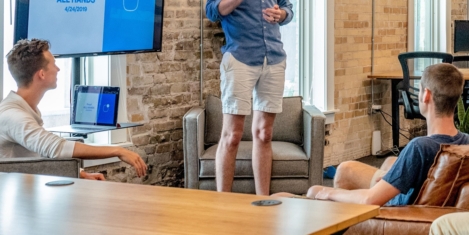
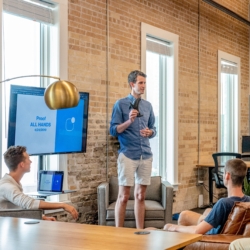

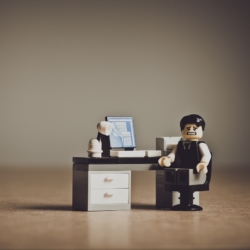


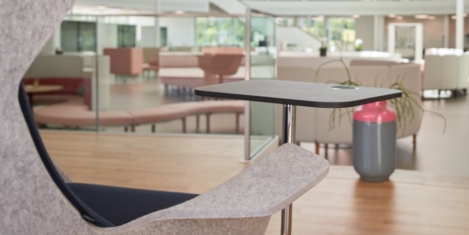
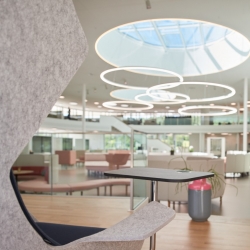
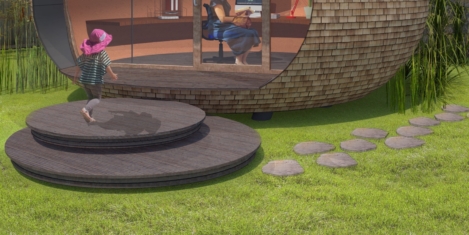
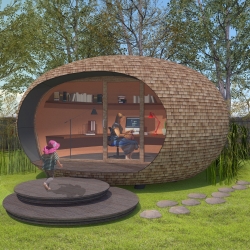
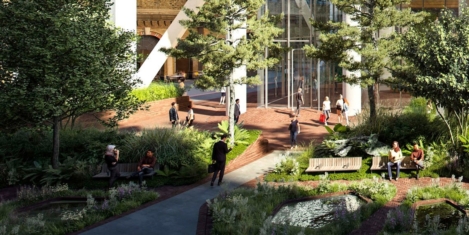
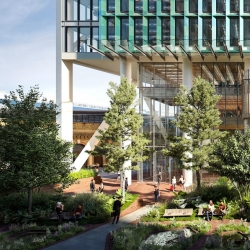
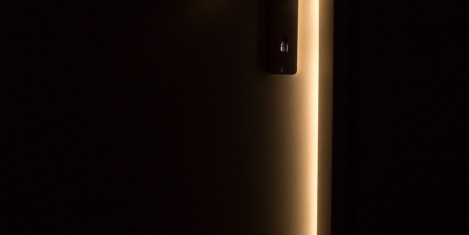
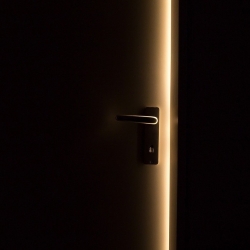
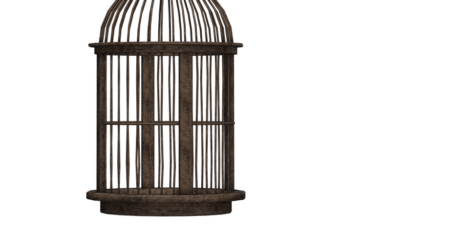










May 4, 2020
An opportunity to take business relationships with charities to a new level
by Michael Hilton • Comment